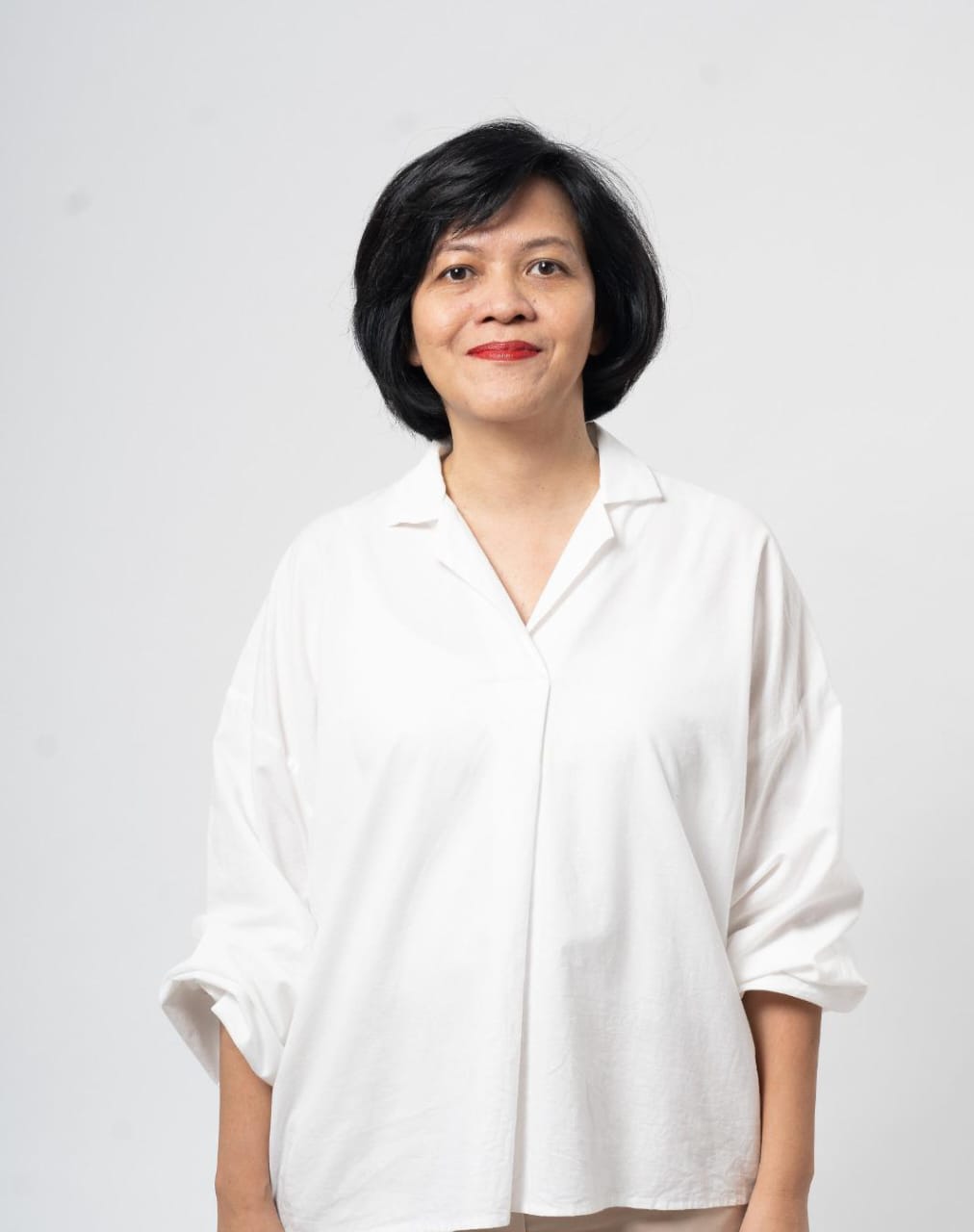The School of Environmental Sciences (SIL) and the School of Strategic and Global Studies (SKSG) at Universitas Indonesia (UI) have the same vision as Toyota Motor Manufacturing Indonesia (TMMIN) in developing sustainable technology. This was sparked during the SIL-SKSG UI factory visit to the PT TMMIN Component Plant Unit in Karawang on September 27th 2023.
TMMIN is a subsidiary of Toyota Motor Corporation which acts as a manufacturer and exporter of Toyota products. Having played an important role in the development of the Indonesian automotive industry for more than five decades, PT TMMIN now has five factories with environmentally friendly technology that are operating in Sunter and Karawang.
PT TMMIN’s real action in implementing its sustainability vision can be seen through the development of spatial planning in each plant, capital stock efficiency, use of appropriate technology, and good wastewater management. Company management is also involved in every evaluation and production steps to ensure optimum production.
According to the Deputy President Director of PT TMMIN, Bob Azam, the Human Resources (HR) aspect is the most important thing in the production optimization process and daily evaluation. Recording every abnormality and error is also a strategic step for sustainable production development. “PT TMMIN opens up opportunities for students to collaborate in research as a form of interaction between the world of business and the world of education, filling the gaps between each other,” said Bob to the 52 UI academics who were present.
During the factory visit session, Bob Azam was accompanied by all his staff, Head of the Human Resources Division, I Made Surya; Deputy Head of Plant Administration Division, Agus Arifianto; Safety & Health Manager, Anys Yudijanto; Corporate Social Responsibility Manager, Syaefudin Juhri; and Chief Executive, Irwin Tristanto.
Head of the SIL – SKSG UI Academic Quality Assurance Unit (UPMA), Dr. Kurniawaty Iskandar, M.A., as the initiator of the collaboration of 6 SIL-SKSG research clusters with Toyota, hopes that this program can bring benefits to both parties, both for lecturers and master’s and doctoral students of SIL-SKSG as well as Toyota. Collaborative research related to the strategies and opportunities of the large multi-corporate automotive industry in Indonesia, technology development and human capital management, can be approached through a multi-inter-transdisciplinary perspective which is the distinctive color of SIL-SKSG UI at the postgraduate level.
The 3 clusters from SKSG involved in this collaboration are the Research Cluster “Labor, Mobility and Community Development” chaired by Dr. Kurniawaty Iskandar, S.Sos., M.A. from the Japanese Regional Studies Study Program; “Innovation, Technology and Social Change” chaired by Lin Yola, S.T., M.Sc., Ph.D. and “Health, Social Welfare and Human Development” chaired by Dr. Renny Nurhasana, S.E., M.E.S from Urban Development Studies.
Head of the SKSG UI Urban Development Studies Study Program, Dr. Chotib, M.Si. believes that this activity helped participants to be aware of the many costs incurred to improve the quality of the urban environment, including social costs, production costs, environmental maintenance costs, and technology costs. Therefore, participation and awareness of the public and the private sector in managing the urban environment is urgently needed.
Furthermore, environmental aspects have been a responsibility that Toyota has prioritized as part of its Extended Producer Responsibility (EPR). The three SIL research clusters that will conduct research related to environmental aspects are “Spatial Planning & Transit Oriented Development” chaired by Dr. Hayati Sari Hasibuan, S.T., M.T.; “Green Innovation & Sustainable Consumption and Production” represented by Dr. Sri Setiawati Tumuyu; and “Environment Economics” chaired by Prof. Kosuke Mizuno.
“Renewable energy issues, vehicle emissions produced, as well as innovation efforts to achieve net zero emissions, carbon neutrality, and natural resource efficiency along with environmentally friendly products are also topics of study at SIL UI. “The hope is that good cooperation can be established with TMMIN in research on renewable energy development and efforts to achieve net zero emissions,” said Dr. Hayati Sari Hasibuan, Head of the Master of Environmental Science Study Program.
This collaboration is in line with several points of the Sustainable Development Goals (SDGs) set by the United Nations (UN), namely Point 3 (Good Health and Well-Being), Point 8 (Decent Work and Economic Growth), Point 9 (Industry, Innovation and Infrastructure), Point 11 (Sustainable Cities and Communities), and Point 12 (Responsible Consumption and Production). By 2030, the UN targets that people will have access to adequate and affordable housing, transportation, and basic services.
SIL-SKSG UI master’s and doctoral students were very impressed with the technological progress in the Toyota car production process which reflects excellence in efficiency and automation by applying the principles of continuous improvement and focusing on people development .
Restu, SKSG UI doctoral student said, “One of the most impressive things is the existence of the xEV Center as an educational facility for the general public about the development of electrification and green energy capabilities regarding various electrification technologies, internal combustion engines (ICE) to the latest fuel cell electric vehicle technology. (FCEV).” Several types of Toyota cars such as Prius, Prius Prime, Innova Zenix, and C+Pod. was also tested by visiting participants.
Full support was also shown by the representative of the UI management, Prof. I Ketut Surajaya. He said, “This visit is beneficial for learning from each other, developing two-way knowledge, namely from the business world and the world of education, as well as seeing how the theories taught in class are implemented in the field.”



